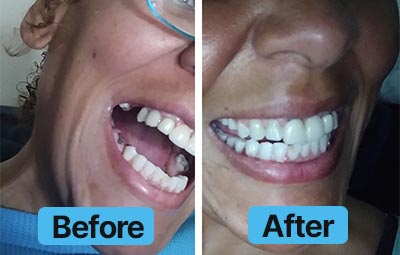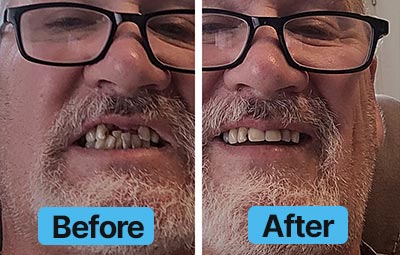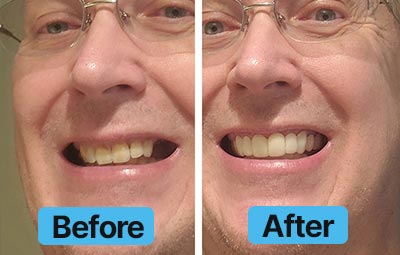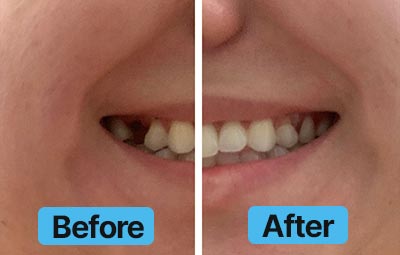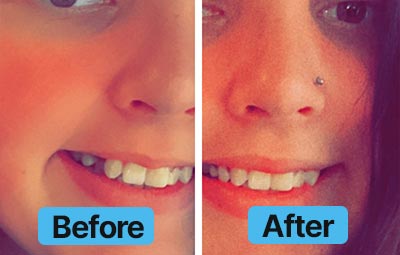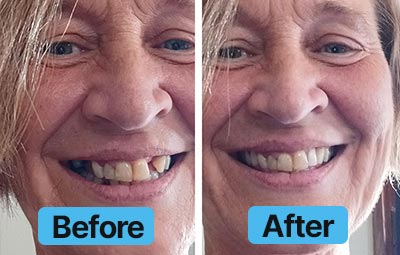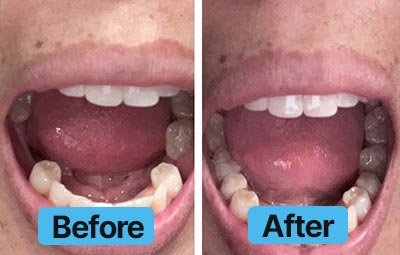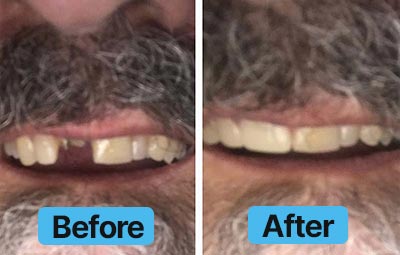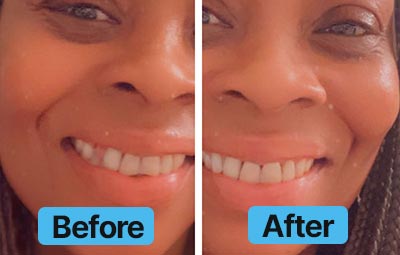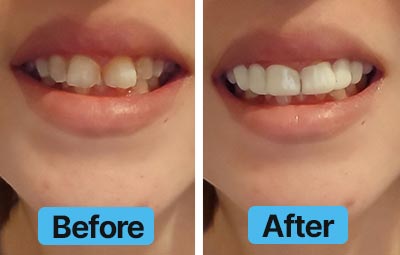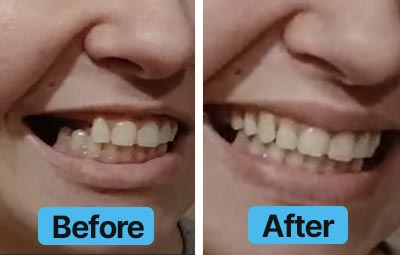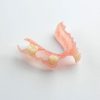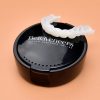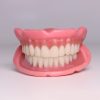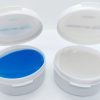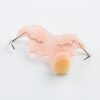For many people, snoring is a troublesome habit that disrupts sleep for the snorer and anyone sharing a room with them. According to the Sleep Foundation, “Habitual snoring occurs in around 40% of adult women and 57% of adult men, and some people snore regularly without any other sleep-related symptoms.”
Not everyone who snores has a medical issue that needs to be addressed. Sometimes snoring is just an annoying habit! But if there is a medical cause for snoring, it’s best to take measures to prevent further complications from arising.
So what does snoring mean? Here’s what you need to know about the causes of snoring, as well as treatments to reduce snoring so you can get a restful night’s sleep.
What Causes Snoring?
Snoring occurs when the airway is temporarily blocked by the tongue or soft palate tissues while sleeping. The noise occurs when the tissues vibrate against one another during inhalation or exhalation. There isn’t a single cause for snoring, but common factors include:
- Sleep Apnea: Sleep apnea is a condition where the airway becomes blocked during sleep, resulting in brief pauses in breathing. If left undiagnosed, sleep apnea can lead to a variety of medical complications including depression, high blood pressure, and heart disease.
- Lifestyle Habits: Habits like smoking contribute to snoring by causing inflammation in the airway. Additionally, alcohol use leads to more severe snoring since drinking relaxes muscles in the airway, causing an increased obstruction.
- Chronic Congestion: Some folks who struggle with allergies or asthma are more likely to snore due to inflammation and congestion in the airway.
- Anatomy: The anatomical structure of your head, neck, and sinuses may contribute to snoring. Common factors include polyps in the nasal passageway, a deviated septum, or an enlarged tongue.
- Obesity: Obesity may cause snoring due to the increased mass around the neck and throat.
What are the Symptoms of Snoring?
Some snorers don’t experience any negative effects, while others struggle with daily symptoms. Unfortunately, snoring can be difficult to diagnose since snorers are often unaware of their condition. Contact your medical provider if you experience:
- Frequent headaches in the morning.
- Excessive drowsiness during the day.
- Frequent disturbances during the night.
Depending on the severity of your symptoms, your doctor may recommend you participate in a sleep study to monitor the quality of your sleep and your airflow throughout the night. Patients who suffer from sleep apnea may be unaware that their breathing is frequently disrupted. A study will help your doctor assess your symptoms and recommend an effective treatment.
How Do I Treat Snoring?
Treatments typically depend on the cause of the snoring. This is why visiting your doctor is a helpful step toward finding effective solutions.
Common snoring treatments include:
- Lifestyle Changes: If your snoring is caused by substance use or obesity, your doctor might recommend implementing lifestyle changes as part of your treatment. Reducing or eliminating substance use, particularly before bed, will help minimize inflammation in the airways. Adopting habits like exercising, eating healthy foods, and drinking plenty of water are all great ways to prioritize your health.
- Oral Appliances: Some snorers use custom oral appliances to shift the position of their tongue and jaw while sleeping. These appliances work by either changing the position of the jaw to allow increased airflow, or anchoring the tongue at the front of the mouth to prevent it from obstructing the airway. Most oral appliances are affordable and are available through online services like Dental Lab Direct.
- CPAP: In more extreme cases, your doctor may recommend using a CPAP machine. CPAP machines open the airway by providing a constant flow of pressurized air into the nose and mouth while breathing. This opens airways and increases oxygen flow by preventing soft tissues from collapsing.
- Surgery: If your snoring is caused by a structural issue, you may be able to resolve the problem by having a simple surgical procedure.
Make Life Easy with Dental Lab Direct’s Anti-Snoring Appliance
At Dental Lab Direct, we offer custom-made oral appliances delivered to your home. Our FDA-approved anti-snoring device works by gently moving your lower jaw forward, thus increasing the airway opening. The device is similar to a retainer and fits snugly over the upper and lower teeth for a comfortable night’s sleep in any position.
Want to learn more? Contact Dental Lab Direct today to get started.
 60 DAY warranty on all custom-made products | 1,000+ 5 Star ★★★★★ Reviews
60 DAY warranty on all custom-made products | 1,000+ 5 Star ★★★★★ Reviews

